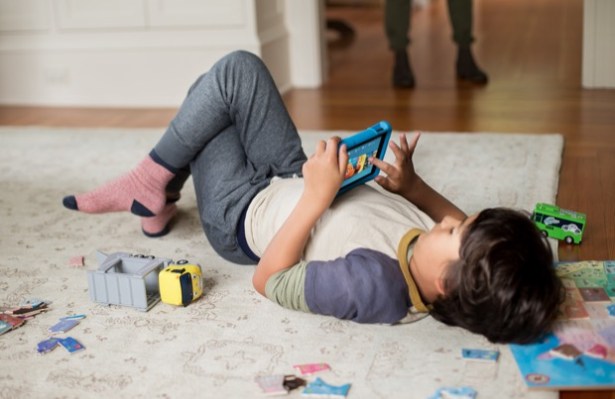In an entirely unsurprising ruling, a federal judge has sided with the FTC in the agency’s lawsuit against Amazon, which had said that the company did not do enough to safeguard customers against unauthorized in-app purchases made by children. According to the FTC’s original complaint, Amazon billed its customers millions of dollars in these charges. The problem came about because the way its software was designed – it allowed kids to spend unlimited amounts of money in apps and games without requiring parental consent.
The FTC had previously settled with both Apple and Google on similar charges, so it’s no shock that Amazon now finds itself in the same boat.
Amazon introduced its in-app purchasing system in its Appstore in November 2011, but it didn’t require passwords on in-app purchases, including kids games. Taking advantage of this fact, game developers would then often blur the lines between what’s free and paid, offering kids the chance to buy in app currencies, coins, or other items to enhance gameplay. In one particularly egregious example, a game called “Ice Age Village” included an in-app purchasing option that cost $99.99.
Amazon updated its in-app purchasing system in March 2012 to address this problem, but it only required passwords on purchases over $20. Children could continue to make individual in-app purchases of less than that amount without a parent’s approval. Of course, these could still add up.
In early 2013, the system was updated again, this time requiring passwords, but allowing for a 15-minute window where no password was required – but this wasn’t properly disclosed. Amazon didn’t obtain “informed consent” for purchases until an update in July 2014, the FTC says.
In the meantime, thousands of parents had complained not only about the unauthorized in-app purchases but also about the complicated refund process. Amazon didn’t explain how to request a refund, and even suggested that refunds weren’t possible, the original complaint stated.
While this new ruling favors consumers in the matter, the exact amount of monetary relief has yet to be determined. Representatives from both sides will present their arguments, and the court will decide on a figure in the “coming months.”
The FTC is making a case for full refunds, however.
The settlement figure is likely to be sizable. According to the FTC’s announcement, its settlements with Apple and Google resulted in refunds to customers totalling over $50 million.
